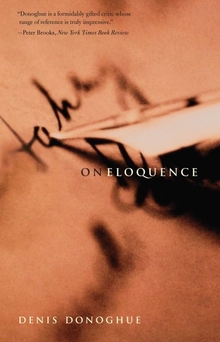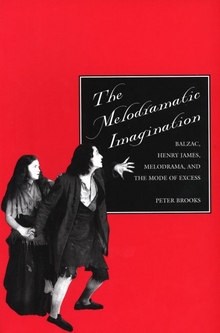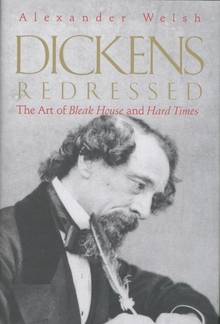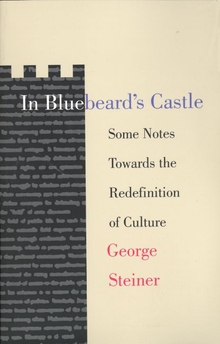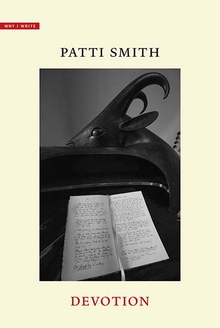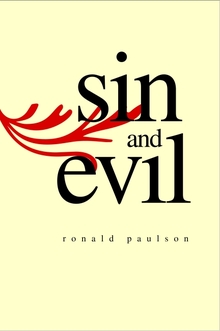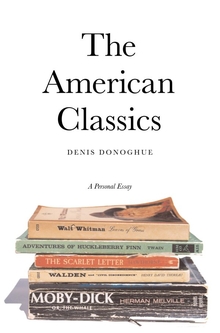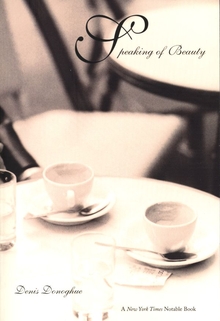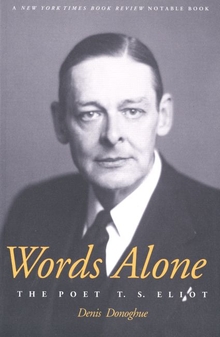On Eloquence
WARNING
You are viewing an older version of the Yalebooks website. Please visit out new website with more updated information and a better user experience: https://www.yalebooks.com
Denis Donoghue
An eloquent reminder of why we should care about—and revel in—eloquence in literature and speech
On Eloquence questions the common assumption that eloquence is merely a subset of rhetoric, a means toward a rhetorical end. Denis Donoghue, an eminent and prolific critic of the English language, holds that this assumption is erroneous. While rhetoric is the use of language to persuade people to do one thing rather than another, Donoghue maintains that eloquence is “gratuitous, ideally autonomous, in speech and writing an upsurge of creative vitality for its own sake.” He offers many instances of eloquence in words, and suggests the forms our appreciation of them should take. Donoghue argues persuasively that eloquence matters, that we should indeed care about it. “Because we should care about any instances of freedom, independence, creative force, sprezzatura,” he says, “especially when we live—perhaps this is increasingly the case—in a culture of the same, featuring official attitudes, stereotypes of the officially enforced values, sedated language, a politics of pacification.” A noteworthy addition to Donoghue’s long-term project to reclaim a disinterested appreciation of literature as literature, this volume is a wise and pleasurable meditation on eloquence, its unique ability to move or give pleasure, and its intrinsic value.
Denis Donoghue is University Professor and Henry James Professor of English and American Letters, New York University. Among his many books are The Practice of Reading; Words Alone: The Poet T. S. Eliot; Speaking of Beauty (a New York Times Notable Book of the Year); and The American Classics: A Personal Essay, all published by Yale University Press.
"Denis Donoghue brings a lifetime's devotion to linguistic eloquence to this book, an eloquent plea for the appreciation of literary beauty."—Denise Gigante, Stanford University
“Donoghue is a formidably gifted critic whose range of reference is truly impressive.”—Peter Brooks, New York Times Book Review
"Anyone wishing to learn about the unknown Sibelius will find Andrew Barnett’s book invaluable." - Philip Borg-Wheeler, Classical Music, 7th June 2008
"Donoghue’s beautifully written book raises a clarion cry for an appreciation of style to be reinstated at the heart of literary studies." - Cathy Shrank, Times Higher Education Supplement, 5th June 2008
Publication Date: January 26, 2010

